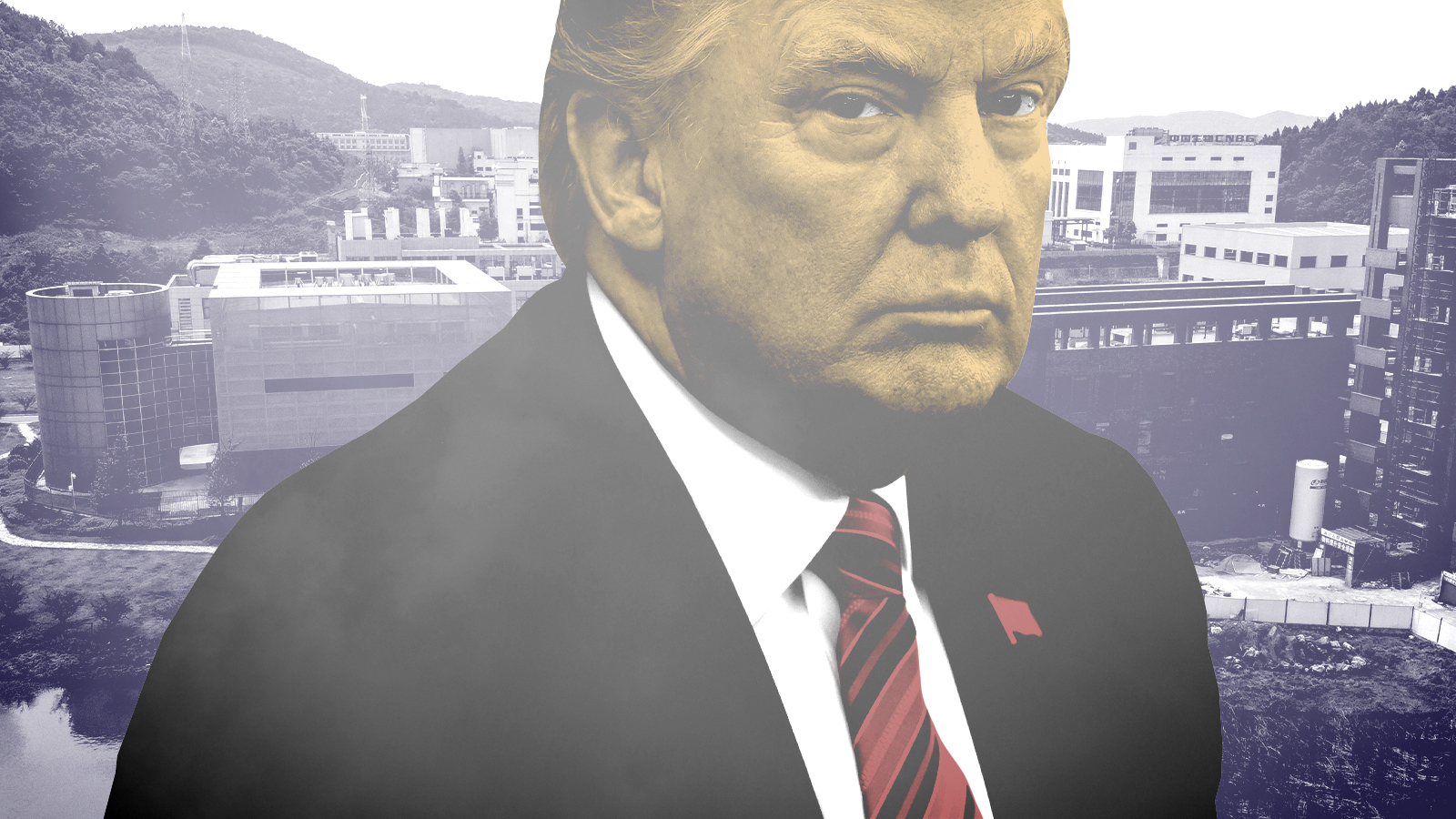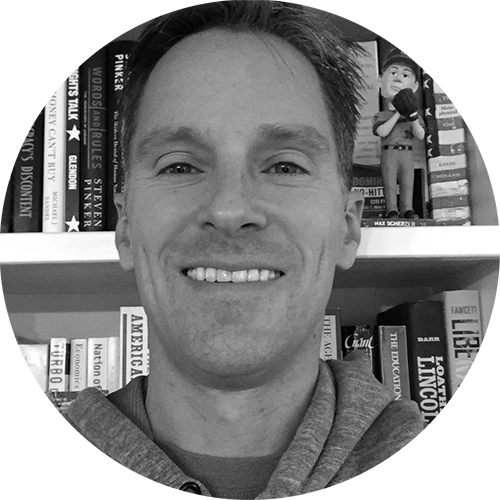The Fog of Trump is lifting


A free daily email with the biggest news stories of the day – and the best features from TheWeek.com
You are now subscribed
Your newsletter sign-up was successful
The "Fog of War": The concept is traced to Clausewitz and neatly captures the tactical, and moral, uncertainty of decision-making in the heat of battle.
American politics between June 2015 and January 2021 was shrouded in what you might call the Fog of Trump.
It's lifting.
The Week
Escape your echo chamber. Get the facts behind the news, plus analysis from multiple perspectives.

Sign up for The Week's Free Newsletters
From our morning news briefing to a weekly Good News Newsletter, get the best of The Week delivered directly to your inbox.
From our morning news briefing to a weekly Good News Newsletter, get the best of The Week delivered directly to your inbox.
You can tell by what policymakers are arguing about: Is inflation transitory or a longer-term threat? What counts as infrastructure spending? Should we start worrying again about the national debt?
We are arguing, in other words, about public policy. Normal things. Not ridiculous notions like a Muslim travel ban, the barbarous forced separation of children from their parents, or what to do when the president runs a privately held company that does business just blocks from the White House as well as in foreign capitals.
In a subtler way, the Fog of Trump is also lifting from the increasingly intriguing story about the origins of COVID-19 in Wuhan, China. As New York's Jonathan Chait notes, the liberal media should never have declared the question settled or the lab-leak theory "debunked." Trump himself, who lied profusely throughout his final year in office and trafficked in all sorts of anti-Asian tropes and China-bashing, is no innocent. But his behavior doesn't absolve the media. Chait: "Trump is not the right standard for journalists. And those who chose to follow the ethos of moral clarity, at the expensive of objectivity, misled their audiences."
Rightwingers, of course, have pounced on the media as the lab-leak theory has gained plausibility. Only Trump Derangement Syndrome could explain this gradual about-face, they say. But journalists were not Trump-deranged; it's fairer to say they were Trump-fogged.
A free daily email with the biggest news stories of the day – and the best features from TheWeek.com
As in war, the business of covering the historically venal and dishonest Trump administration sometimes led to bad decisions: running breathless stories that had not been properly vetted; lionizing reprobates like Michael Avenatti; and, yes, smearing the likes of Sen. Tom Cotton (R-Ark.) for broaching the lab-leak theory.
The fog is lifting, however. And that is a good thing — for policymakers and journalists alike.
Scott Galupo is a freelance writer living in Virginia. In addition to The Week, he blogs for U.S. News and reviews live music for The Washington Post. He was formerly a senior contributor to the American Conservative and staff writer for The Washington Times. He was also an aide to Rep. John Boehner. He lives with his wife and two children and writes about politics to support his guitar habit.
